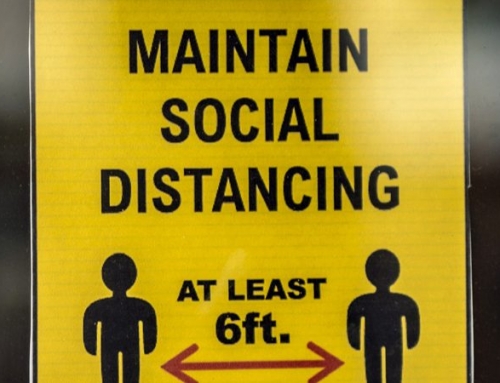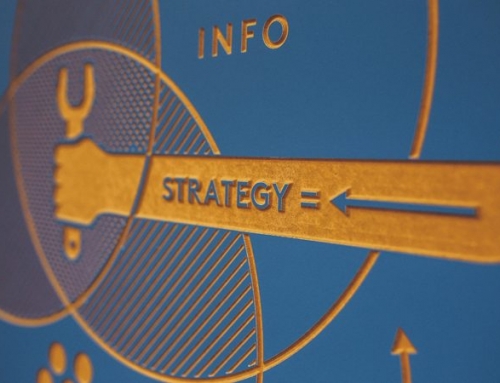Learning from other marketing campaigns is one of the most effective ways you can pick up new ideas for your own business. So far, the 21st century has given us some ground-breaking advertising that not only proved to be extremely successful, but also challenged existing conventions and even created new ones. In this article, we talk about some of the most memorable campaigns from the last 20 years and what you can potentially learn from them.
Apple: Get a Mac. 2006.
In the USA, John Hodgman played a comedy version of Bill Gates in the satirical TV adverts and the UK were treated to the comedy duo David Mitchell and Robert Webb, at the height of their Peep Show fame. These adverts did two things simultaneously. Firstly, they presented their message in a comedic, light-hearted way that was genuinely enjoyable to watch as a piece of light entertainment. Secondly, they demonstrated the kind of bold, almost aggressive competitiveness that has catapulted Apple to the stratospheric levels of success the company enjoys today.
What can digital marketing professionals learn from this?
Comedy can be gold for advertising campaigns
Providing that it’s not only you and you’re marketing friends that find your content funny, the power of laughter can be harnessed very effectively in online marketing campaigns.
Being as bold as you can sometimes pay off
Though Apple were quite disparaging about PCs in this campaign, nothing they said was untrue or seemed to cross the line between competitiveness and outright hostility. Learning the limits of what you can and can’t say in advertising is critical and having the confidence to present yourself as the better alternative takes a serious amount of faith in your product.
Red Bull: Stratos
To be fair, this kind of stunt is the reserve of multimillion-dollar companies, rather than smaller start-ups, but some of the principals can still be applied. In this campaign, Red Bull helped a skydiver to realise his ambition of carrying out a free fall parachute jump from an unbelievable 24 miles above the earth’s surface. The stunt was as spectacular as it sounds, and the video Red Bull posted enjoyed more than 200 million views. The focus was on the sheer intensity of the spectacle and of course the incredible bravery of the skydiver himself, but Red Bull’s brand was always visible throughout. Both the diver’s suit and his parachute bore the famous logo.
What can we learn from this?
Sponsoring Works Amazingly Well, If You Choose Wisely
In digital marketing, sponsoring an event that’s likely to be viewed by millions of people, such as a live twitch match between two rival gaming champions, will generate way more attention than any amount of banner ads and emails.
The product doesn’t have to be the focus
This event had nothing to do with energy drinks. It didn’t have to. Our takeaway here is that you don’t always have to stick to your industry’s accepted conventions, or even mention your product specifically. Just a well-designed brand and a website URL can be enough to pique the interest of the general public, especially when it’s attached to something with a huge potential reach like this.
Budweiser. Wassup. 2000
The beginning of the new millennium brought a promise of change, opportunity and an embrace of all things “futuristic.” Budweiser decided to eschew the technology angle for something that was often overlooked during this period. The idea of human connection. These hilarious, though admittedly, rather dated ads featured a group of friends who would call each other up to chat about what they were doing, using the repeated phrase “wassup.” This was so successful the phrase itself became viral before the concept was even well known.
What can we learn from this?
Simplicity sells.
The defining feature of this campaign was literally one phrase, repeated in a variety of humorous ways. It shouldn’t have worked, but it did, spectacularly. Using the same approach for online campaigns is something many marketeers do today, opting for single words or simple phrases instead of lengthy or unwieldy slogans.
Human Connection will never go out of fashion.
Even in the online world, driving your campaigns by focusing on real, human emotion is always more effective than trying to stay cold and distant. This campaign worked so well because of how universal it was. Who doesn’t enjoy having a beer with friends and getting a little bit silly from time to time?
Dove: Campaign for Real Beauty
One of the main criticisms that gets levelled at advertising companies, is that they create unrealistic images that people should aspire to. The reason people object to this, is that it can potentially distort a person’s view of reality and make them feel inadequate. Though unethical marketing ideals say this is good thing, because people spend more when they’re unhappy with themselves, there’s a much more honest and less creepy way to approach the way you interact with your potential customers. In this campaign, Dove used a group of women, varying in age, body shape and ethnicity to promote their range of cosmetics. Rather than focusing on what could be improved, hidden or changed, they encouraged women to celebrate their bodies.
What can we learn from this?
Customers respond to positivity more than negative messages.
Making your campaigns upbeat, inspirational and focused on the real lives of your customers will always be a better approach than trying to convince them they’re current situation is somehow inadequate. Though it’s important not to go overboard, letting your customers know you’re human, too, is a strategy that can work online as well as on TV.
Embracing Controversial Ideas Can Be a Positive Thing.
At the time, this advert split opinions. Your digital marketing campaigns can do this, too, especially if you’re trying to push an idea that you believe in, but as long as you’re being controversial for the right reasons, you can establish a great reputation while also driving sales at the same time.






